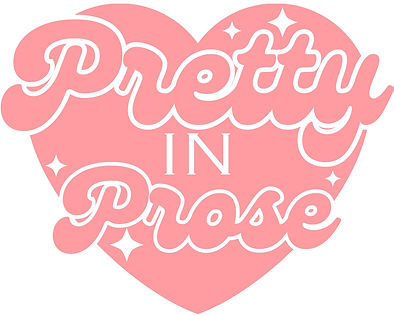banned books about the holocaust and nazi germany
- Gracyn Lian
- May 5
- 2 min read
Updated: Sep 29
One of the ways governments control their people is through the censorship of certain media that conveys messages that the governments do not want their citizens to consume. These books have been challenged or have faced bans across various countries and time periods, often due to their critical examination of Nazi ideology, graphic depictions of the Holocaust, or perceived political implications.
The reasons for bans typically include:
Political Content: Works that critique authoritarian regimes or present ant-fascist sentiments.
Graphic Descriptions: Detailed accounts of violence and suffering deemed unsuitable for certain audiences.
Religious and Moral Objections: Content conflicting with prevailing moral or religious beliefs.
It is important to exercise our freedom of expression and therefore our freedom to consume whatever media we would like.
For more information on book bands and to support freedom of expression:
The Diary of Anne Frank by Anne Frank
Themes: Personal account of a Jewish girl's life in hiding during the occupation.
Banned in: Various schools and libraries worldwide.
Reasons: Some objections to its sexual content and perceived political messages.
The Sun Also Rises by Ernest Hemingway
Themes: Disillusionment post-World War I.
Banned in: Nazi Germany.
Reasons: Hemingway's works were considered degenerate and contrary to Nazi values.
Mein Kampf by Adolf Hitler
Themes: Autobiographical manifesto outlining Nazi ideology.
Banned in: Post-World War II Germany and other countries.
Reasons: Due to its promotion of anti-Semitism and totalitarianism; concerns over its potential to incite hatred.
The Metamorphoses by Franz Kafka
Themes: Alienation and identity.
Banned in: Nazi Germany.
Reasons: Kafka's Jewish heritage and existential themes were incompatible with Nazi ideology.
Schindler's List by Thomas Keneally
Themes: The rescue of Jews during the Holocaust by Oskar Schindler.
Banned in: Certain schools and libraries.
Reasons: Graphic content and language; debates over its portrayal of events.
If This Is A Man by Primo Levi
Themes: Survival in Auschwitz and the human condition.
Banned in: Some countries during the Cold War Era.
Reasons: Political sensitivities and its stark portrayal of Nazi atrocities.
All Quiet on the Western Front by Erich Maria Remarque
Themes: The brutal realities of World War I and its impact on soldiers.
Banned in: Nazi Germany.
Reasons: Considered anti-Germany and unpatriotic; depicted the German military negatively.
Bambi: A Life in the Woods by Felix Salten
Themes: Allegorical tale reflecting on persecution and survival.
Banned in: Nazi Germany.
Reasons: Interpreted as a political allegory criticizing the treatment of Jews in Europe.
Night by Elie Wiesel
Themes: Memoir of Holocaust survival and the horrors of concentration camps.
Banned in: Some education settings.
Reasons: Graphic depictions of violence and suffering; concerns over its suitability for younger readers.
The Time Machine by H.G. Wells
Themes: Social class disparities and dystopian futures.
Banned in: Nazi Germany.
Reasons: Wells' socialist views and criticism of authoritarian regimes were deemed subversive.






Comments